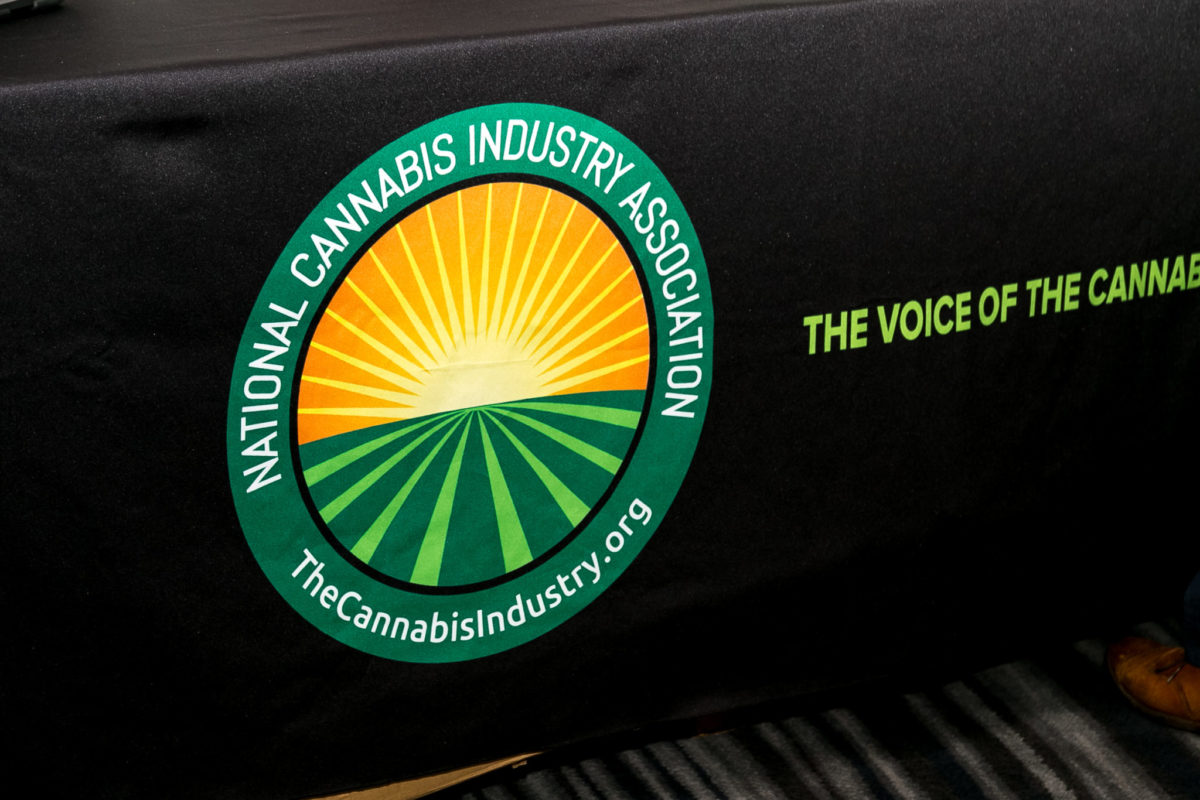Sustainability In The Cannabis Industry

Learn more about sustainability in the cannabis industry with Emily Backus, Sustainability Advisor at Denver Dept of Public Health. Emily Backus, Sustainability Advisor at the Denver Department of Public Health & Environment focusing on Environmental Quality and leads the Denver Cannabis Sustainability Workgroup.
Sustainability is an important issue across all industries. Many agricultural (like the wine industry, avocado trees, and almond trees) and industrial businesses such as chemical plants and consumer goods manufacturing, have to consider issues around water, soil, toxic chemicals, energy use and everything in between. We talk about how and why she got involved in the cannabis industry considering her position with the City and County.





Follow NCIA
Newsletter
Facebook
Twitter
LinkedIn
Instagram
News & Resource Topics
–
This Just In
Cannabis Rescheduling Explained: What We Know, What We Don’t, and What’s Next
NCIA’s Statement on Decision to Reclassify Cannabis as a Schedule III Substance